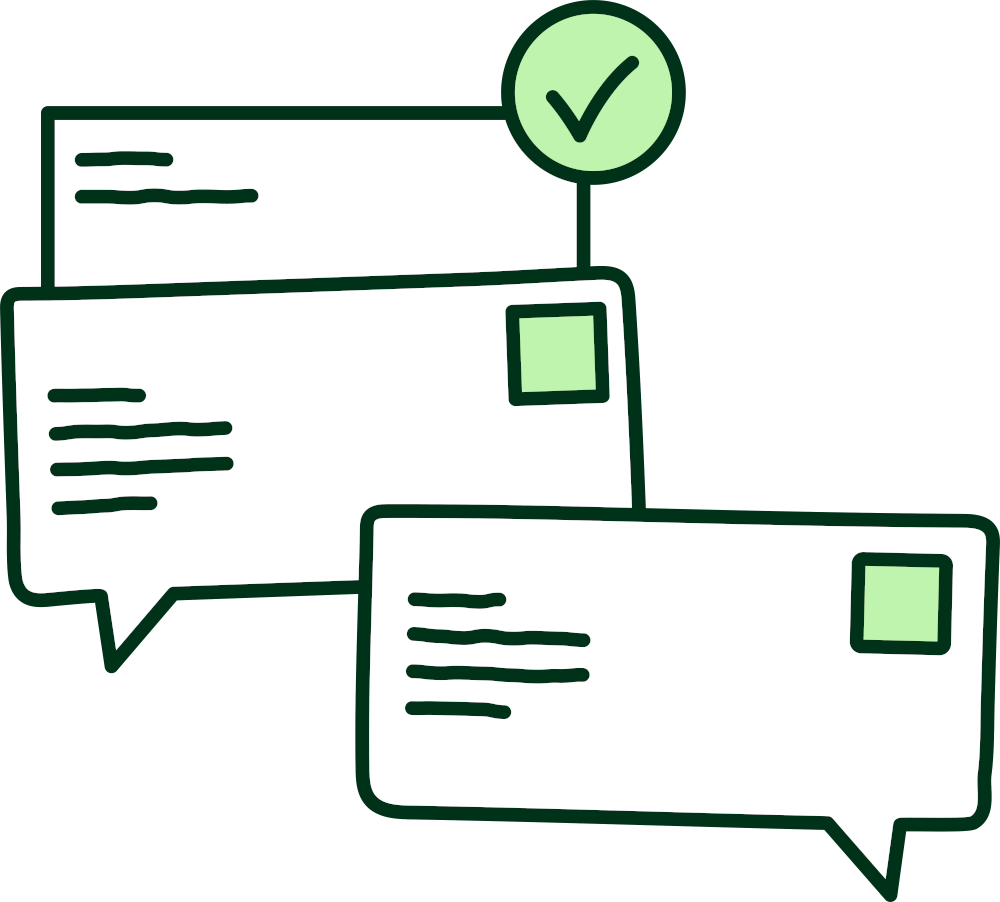What is a safe bank account
A ‘safe’ bank account is an account with a bank or building society that you do not owe money to. This includes credit cards, loans and overdrafts.
If you owe money to a bank or building society, make sure your wages or benefits do not go into an account with them. This is because in some situations they may take money from that account to pay towards what you owe them.
With a safe bank account, it is a good idea to not have an overdraft. You must repay overdrafts when the bank says. If this happened, then your money would not be safe.
What is a basic bank account?
If you have missed payments on your bills or debts, you may not get a current account. If this is the case, a bank should offer you their basic bank account instead.
The largest UK banks offer basic bank accounts that do not charge fees. With these accounts you can still do most things. This includes:
- Setting up direct debits and standing orders
- Using a debit card
- Withdrawing money from a cash point
- Checking your balance online, at a cash point or in the bank.
- Having your income paid into the account.
A basic bank account has no overdraft.
Check what features an account offers and whether it charges any fees before opening it.
When can I open a basic bank account?
If you can’t open a standard bank account, you usually have a right to open a basic bank account. If you can’t open one, the bank should say why you have been turned down. If you feel you have been turned down unfairly, you may be able to complain to the Financial Ombudsman Service.
Bank accounts and bankruptcy
The largest UK banks must allow undischarged bankrupts to open a basic bank account.


